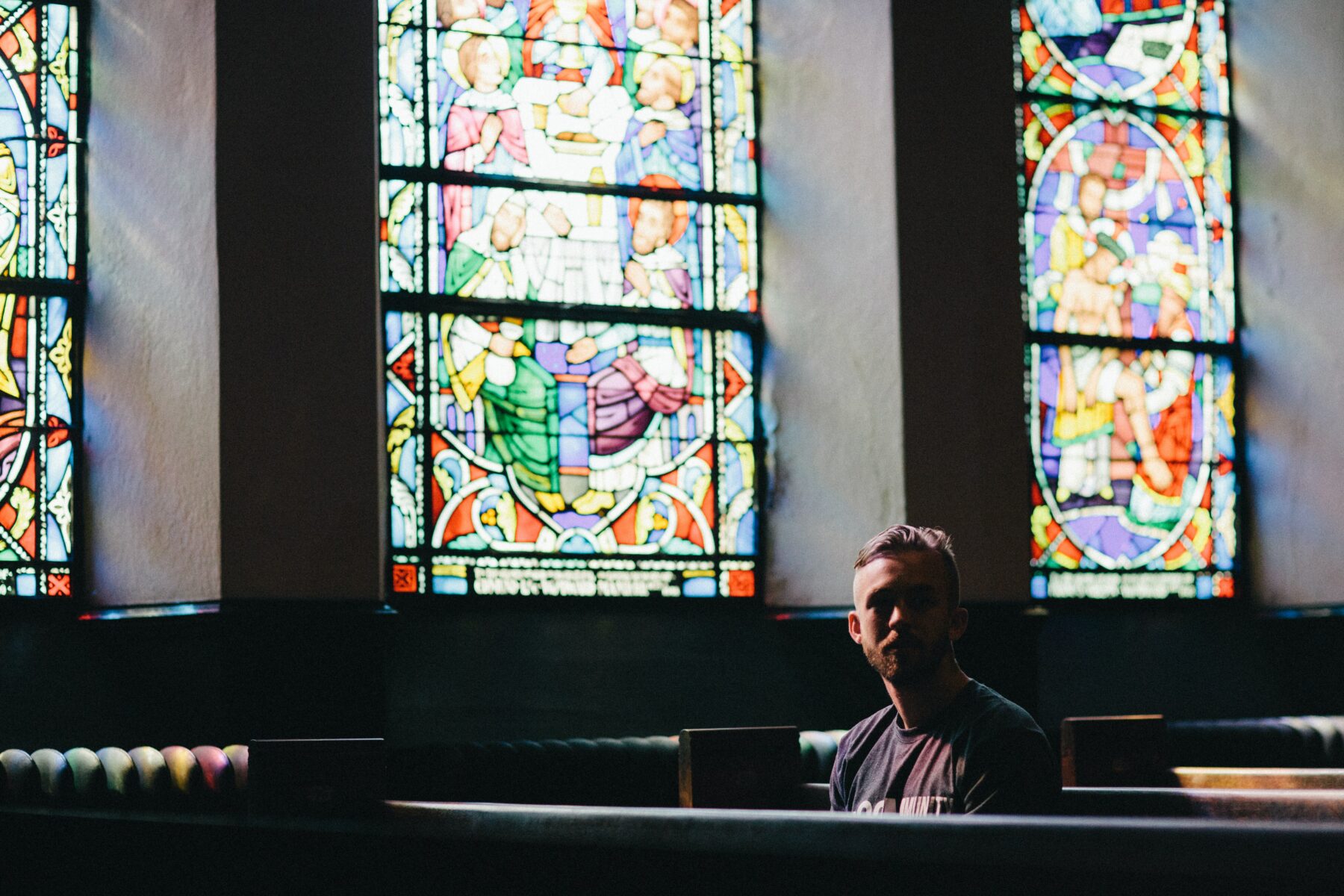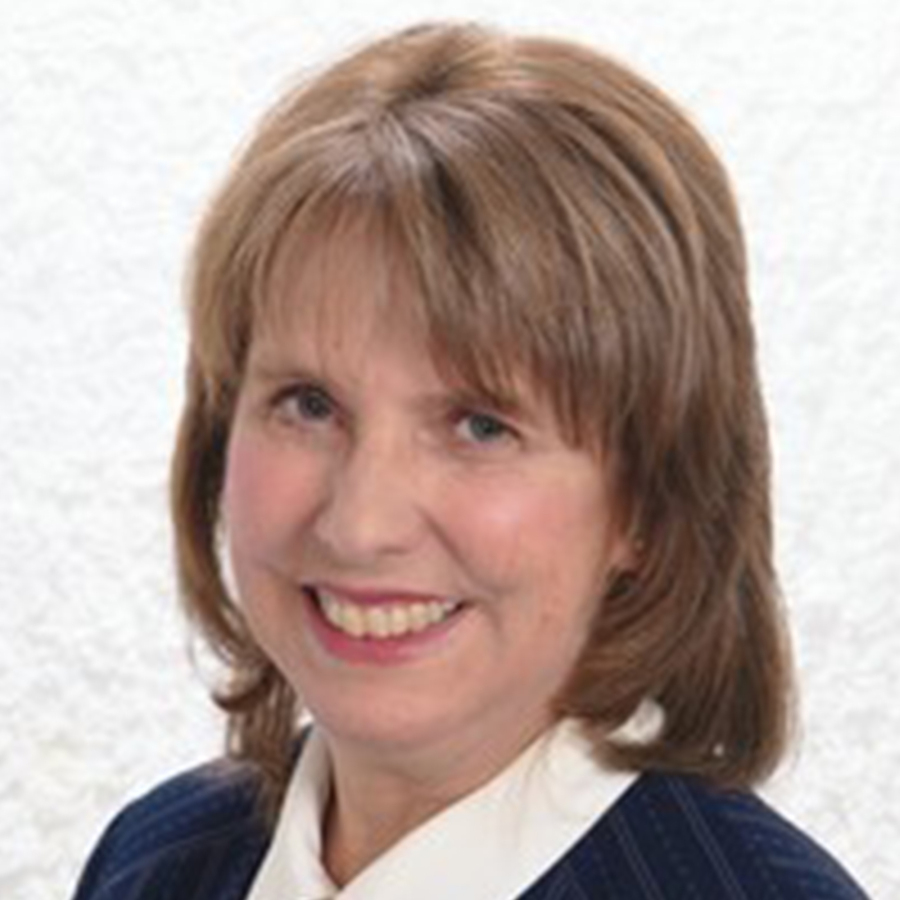Preventing Suicide by Providing Deep Community

September is National Suicide Prevention Month, when we raise awareness that everyone can help prevent suicide. You ask, “What can I do?” You can provide “deep community”[1] characterized by authentic transparency and non-judgment. Suicidal Christians reach out for help in churches with this type of deep community, but they may try to hide in other churches. Why?
First, many Christians believe that suicidal thinking shows a weakness of faith. They believe, “Suicide is sick, selfish, or sinful.”[2] Why? Because some Christians don’t believe that suicidal desperation exists in churches. However, suicidal thinking may be more common in your church than you think. In one of our studies, 11 percent of congregant respondents were thinking about suicide at the time of the study.[3] In another study, four future ministers said they are “rather likely” or “very likely” to attempt suicide someday.[4] Fe Anam Avis, author and former pastor, estimates that in a congregation of 500, on average, about thirty adults and even more adolescents are thinking about their own suicide on any given Sunday.[5]
The idea that suicidal thinking shows weak faith comes from the belief that God keeps us from suffering and that suffering is a “failure of faith.”[6] And if suffering occurs, faith is expected to heal it. This belief results in a church where we don’t talk about our problems: “We put on a façade. We look like we’ve got it all together.”[7] Even though a fair number of people in a congregation might be suicidal, pastors say that only one or two suicidal people reach out to them for help each year—likely because stigma gets in the way.[8]
But Christians suffer because God has never guaranteed a suffering-free life to those he loves. Jesus was “in anguish” (Luke 22:44). The apostle Paul and Timothy were under such pressure that they “despaired of life itself” (2 Cor. 1:8). Many people of faith suffered horrible deaths (Heb. 11:37). Faith in God doesn’t prevent suffering. The apostle Paul tells us that all Christians are groaning: “Not only so, but we ourselves, who have the first fruits of the Spirit, groan inwardly as we wait eagerly for our adoption to sonship, the redemption of our bodies” (Rom. 8:23). Psychologist Gay Hubbard has written that God doesn’t conform to our expectations that he will prevent suffering. She writes,
“Contrary to [the thinking that “He’ll fix it, so I won’t have to live through it], God refuses to play the magician’s role, nor is God in the business of providing free placebos or heavenly strength aspirin. The idea that if we can only get our burdens to God, He will make us instantly feel better is bitterly unfair misdirection to people in pain . . . this “fix-it” approach makes pain a measure of our distance from God. Indirectly, this idea encourages us to think, “If I hurt, I’m a long way from God. If I were close to Him, He would make the hurt go away.” The God of all comfort . . . is an identity quite different . . . from the idea of God as the “Great Pain Reliever.”[9]
People of faith like Elijah (1 Kings 19:4), Moses (Num. 11:15) and Jonah (Jon. 4:1-3, 9) have wanted to die. Christians like Dr. Edward Carnell, past president of Fuller Seminary, have experienced suicidal thinking.[10]
The first step to preventing suicide in churches is recognizing that Christians suffer. The second step is creating such an authentic transparent non-judgmental community that suicidal Christians can reach out for help so that we can help them “choose life” (Deut. 30:19). Suicidal Christians are more likely to reach out for help when the church fosters a culture of authentic non-judgment where they can present their “warts and all,”[11] even their suicidal thinking.
Suicidal Christians are in our communities, and they need our ministry. They need us to provide authentic, non-judgmental deep community.
To learn how to help a suicidal person choose life, go to the National Suicide Prevention Lifeline website or call 1-800-273-TALK (8255).

Dr. Karen Mason is the Director of the Hamilton Counseling Department and Professor of Counseling and Psychology at Gordon-Conwell Theological Seminary. She completed an M.A. in Old Testament at Denver Seminary and an M.A. and Ph.D. in counseling psychology at the University of Denver. Before moving to Massachusetts, she managed the Office of Suicide Prevention at the Colorado Department of Public Health and Environment. She is currently in private practice. Her research is focused on the clergy’s and faith community’s role in suicide prevention. She is a member of the American Counseling Association and the American Psychological Association.
[1] Unpublished interview from Mason, K., Robinson, F., Yang, Z., Colaneri, K., Buescher, L., Lee, J-I, & Smith, A. (2021). How counselors can help faith communities lower suicide risk: a qualitative study. Manuscript submitted for publication.
[2] Mason, K. (2021). Suicide stigma in Christian faith communities: a qualitative study. Religions, 12(540), p. 5.
[3] Mason, K., Martin, W.B., & Kim, E. (2018). Suicidal thinking and sense of community in faith communities. Special Issue entitled: “Suicide Prevention, Religion and Spirituality.” Religions, 9(40), doi: 10.3390/rel9020040.
[4] Yang, Z., Rando, A., & Mason, K. (2021). Pastor suicide. Manuscript under preparation.
[5] Avis, F.A. (2014). A Second Day: A Hopeful Journey out of Suicidal Thinking. Cleveland, OH: Magi Press, p. 112.
[6] Mason, K. (2021). Suicide stigma in Christian faith communities: a qualitative study. Religions, 12(540), p. 5.
[7] Ibid.
[8] Mason, K., Geist, M., Kuo, R., Marshall, D., & Wines, J.D. Jr. (2021). Clergy as suicide prevention gatekeepers. Journal of Pastoral Care & Counseling, 75(2), 84-91.
[9] Hubbard, M.G. (2009). More than an Aspirin: a Christian Perspective on Pain and Suffering, Grand Rapids: Discovery House, p. 91
[10] Carnell, E.J. (1957). Christian Commitment: an apologetic. New York: MacMillan Co, p. 11. He wrote, “One Friday afternoon…I emotionally exploded… even suicide took on a certain attractiveness.”
[11] Mason, K. (2021). The essentials of suicide prevention: a blueprint for churches. Eugene, OR: Cascade.